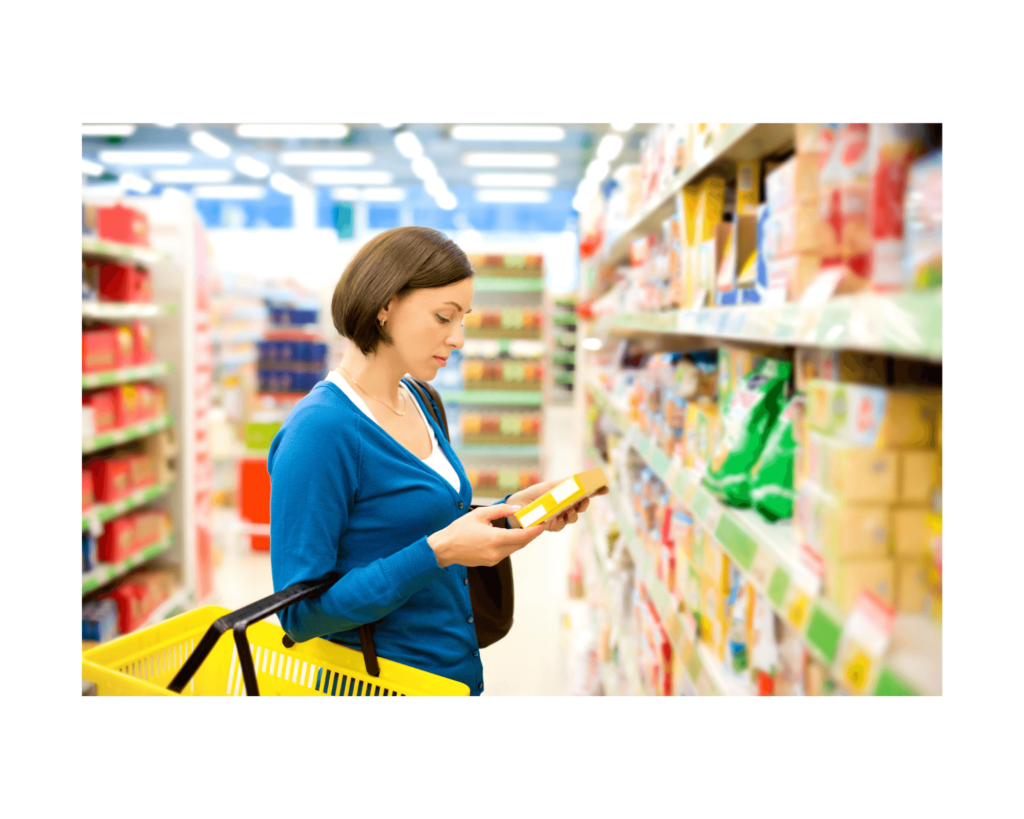“Green claims directive” and “greenwashing”

Labels represent a marketing asset in the Beverage sector for the role played in the relationship between the producer and the consumers orienting the choice of purchase. Generally, labels show the information (trademarks, images, symbols, etc.) on the packaging or on the bottles.
The rules specifically relating to labelling are often confused with those for the protection of the trademark. The label is the “identity card of the product” and contains information on its characteristics and the indications (mandatory and optional) required by law to sell the product (i.e., the raw material, any alcohol content, etc.).
Instead, the brand represents the “business card” of the company. The trademark is a sign with the purpose of distinguishing the products of a company from others. It also performs a communication function, guaranteeing quality and attracting the consumer. Through its registration is possible to obtain exclusive protection on the name of the product or on the graphic elements of the label or packaging.
Among the indications on the label, entrepreneurs often include self declarations regarding the impacts or environmental performance of the product, such as the words “bio”, “eco”, “sustainable”, etc. These are the “Green Claims” that many companies include in the label, to accommodate the consumers’ sensitivity to the environment.


On 22 March 2023, the European Commission published a proposal for a directive, known informally as the “Green Claims Directive”, to provide guidelines to all member states for proper environmental communication and to avoid the phenomenon of Green-washing (i.e. the process of conveying a false impression or misleading information about how a company or its products are environmentally conscious or friendly).
In case of approval, companies that use self-declarations or trademarks for green marketing purposes should ensure that the claimed properties of their products are true, clear, independently verified and validated by scientific evidence. Furthermore, it will no longer be allowed to indicate the overall environmental impact score of a product, while comparisons with other products will require equivalent information and data.
The proposal covers the regulation of “environmental labels”, which are at least 230 different marks. Therefore, “only labels developed at EU level will be allowed, unless sufficient evidence is presented and the label is approved by the EU. The only indications excluded from the proposal are those already covered by existing or future EU regulations, such as the EU Ecolabel or the organic food logo”.
Finally, it is important that companies that use green marketing provide clear, verifiable, and certified information on the environmental properties of their products.
Moreover, before applying to register or use green trademarks, they should pay attention to the possible risks of refusal by the competent Trademark Offices because of lack of distinctiveness or descriptiveness.





